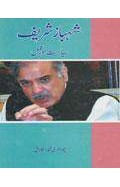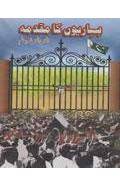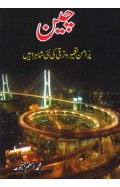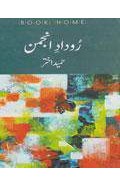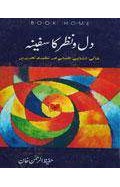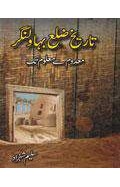- Home
- Books
- Categories
- Urdu Books
- Siyasat Aur Halaat Hazrh
- Civilization and modernity narrating the creation of Pakistan
Civilization and modernity narrating the creation of Pakistan
By: David Gilmartin
-
Rs 767.25
- Rs 1,395.00
- 45%
You save Rs 627.75.
Due to constant currency fluctuation, prices are subject to change with or without notice.
| Book | |
| What's in the Box? | 1 x Civilization and modernity narrating the creation of Pakistan |
Civilization and modernity narrating the creation of Pakistan
By: David Gilmartin
Rs 767.25 Rs 1,395.00 Ex Tax :Rs 767.25
Zubin Mehta: A Musical Journey (An Authorized Biography)
By: VOID - Bakhtiar K. Dadabhoy
Rs 472.50 Rs 1,050.00 Ex Tax :Rs 472.50
Cheen Pur Aman Tarqi Ki Nai Sharahin
By: Mohammad Aslam Janjoa
Rs 221.00 Rs 340.00 Ex Tax :Rs 221.00
No recently viewed books available at the moment.
Zubin Mehta: A Musical Journey (An Authorized Biography)
By: VOID - Bakhtiar K. Dadabhoy
Rs 472.50 Rs 1,050.00 Ex Tax :Rs 472.50
Civilization and modernity narrating the creation of Pakistan
By: David Gilmartin
Rs 767.25 Rs 1,395.00 Ex Tax :Rs 767.25











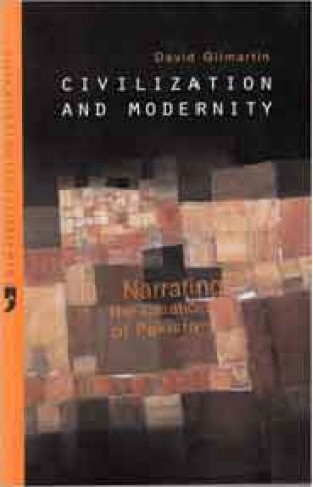
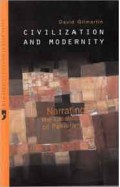
-120x187.jpg?q6)








